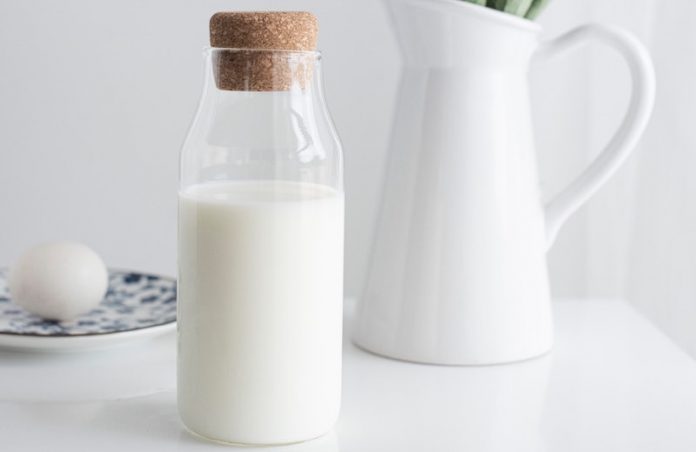
Scientists from Loma Linda University and elsewhere found that a higher intake of dairy foods is linked to higher prostate cancer risk.
Prostate cancer is the most common noncutaneous cancer in American males.
The causal relationship between dairy, or dietary calcium, and prostate cancer has not been fully studied.
In the current study, the team aimed to evaluate these associations in a large North American cohort, including many with no (or very low) dairy intake and much calcium from nondairy sources.
They used data from more than 28,000 Seventh-day Adventist men in the United States and Canada. Their dairy food intake was measured with food questionnaires.
Incident cancers were mainly found by matching with cancer registries.
In total, 1254 including 190 advanced prostate cancer cases were found during an average of 7.8 years of follow-up.
Men with the highest dairy intake (430 g/d) compared with those with the lowest intake (20.2 g/d) had a higher prostate cancer risk.
Similar findings, comparing the same intakes, were found for advanced prostate cancers, for nonadvanced cases, in black people, and when excluding vegan participants.
A higher (905 mg/d) intake of nondairy calcium compared with a lower intake (349 mg/d) was not linked to a higher risk of prostate cancer.
Based on the findings, the researchers suggest that men with a higher intake of dairy foods, but not nondairy calcium, have a higher risk of prostate cancer compared with men having lower intakes.
These associations suggest the greatest increases in prostate cancer risk at relatively low doses.
The research was published in The American Journal of Clinical Nutrition and conducted by Michael J Orlich et al.
If you care about cancer, please read studies that a low-carb diet could increase overall cancer risk, and vitamin D supplements could strongly reduce cancer death.
For more information about health, please see recent studies about how drinking milk affects the risks of heart disease and cancer and results showing eating fish is linked to a higher risk of skin cancer.
Copyright © 2023 Scientific Diet. All rights reserved.





